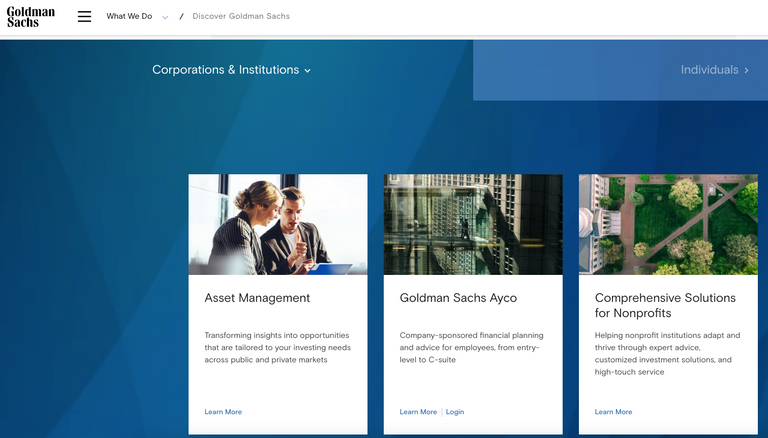In a significant move that underscores the growing importance of blockchain technology in traditional finance, Goldman Sachs has announced plans to launch three tokenization projects by the end of 2024. This development highlights the increasing interest in Real World Asset (RWA) tokenization among major financial institutions and presents new opportunities for investors.

Goldman Sachs Enters the RWA Tokenization Arena
What is RWA Tokenization?
Real World Asset (RWA) tokenization involves converting tangible assets like real estate, commodities, or financial instruments into digital tokens on a blockchain. This process can increase liquidity, reduce transaction costs, and open up new investment opportunities for a broader range of investors.
Goldman Sachs' RWA Tokenization Plans
According to Mathew McDermott, Goldman Sachs' global head of digital assets, the firm is focusing on three key areas:
- Creating marketplaces for tokenized assets
- Enhancing transaction speeds
- Diversifying the types of assets available for collateral
Initially, Goldman Sachs plans to concentrate on the US market, particularly the US fund complex and European debt issuance. The firm will utilize private blockchains to ensure regulatory compliance.
Why This Matters for Investors
Institutional Adoption: Goldman Sachs' entry into RWA tokenization signals growing institutional acceptance of blockchain technology in finance.
Increased Liquidity: Tokenization can make traditionally illiquid assets more accessible and tradable.
New Investment Opportunities: Investors may soon have access to a wider range of assets through tokenization.
Market Growth Potential: Consulting firms like McKinsey and Boston Consulting Group project the RWA market to grow into a multi-trillion dollar industry by 2030.
The Bigger Picture
Goldman Sachs is not alone in exploring RWA tokenization. Other major players like BlackRock, JPMorgan, and Citi are also investing in this technology. BlackRock's tokenized US treasury fund, BUIDL, has already become the largest tokenized fund in the market.
Challenges and Considerations
While the potential of RWA tokenization is significant, investors should be aware of certain challenges:
- Regulatory Uncertainty: The regulatory landscape for tokenized assets is still evolving.
- Technical Complexity: Ensuring the security and authenticity of tokenized assets presents technical challenges.
- Market Adoption: The success of these projects will depend on widespread market acceptance and adoption.
Goldman Sachs' entry into RWA tokenization marks a significant milestone in the convergence of traditional finance and blockchain technology. For investors, this development opens up new possibilities but also requires careful consideration of the risks and potential rewards. As always, thorough research and a clear understanding of the underlying assets and technologies are crucial before making any investment decisions.
Stay tuned for further developments in this rapidly evolving space, as RWA tokenization could potentially reshape how we think about and interact with traditional assets in the digital age.